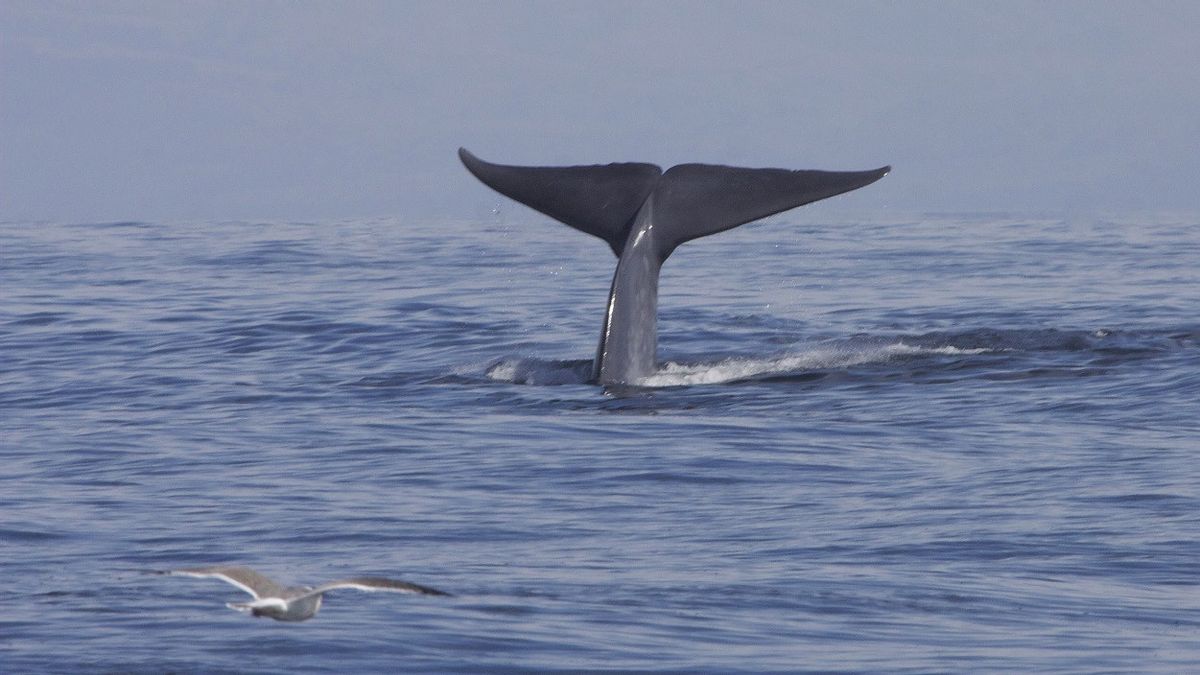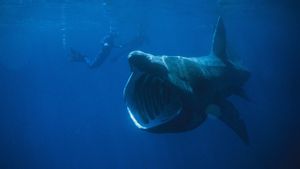JAKARTA - A group of scientists announced the discovery of a previously unknown 43-million-year-old fossil species of four-legged amphibian whale in Egypt this week, helping to track the whale's land-to-sea transit.
The newly discovered whale belongs to the Protocetidae, a group of extinct whales that are in the midst of that transition, the Egyptian-led research team said in a statement.
The fossils were excavated from middle Eocene rock in the Fayum Basin in Egypt's Western Desert, an area once covered by the sea that has provided many discoveries indicating whale evolution, before being studied at the University of Mansoura's Center for Vertebrate Paleontology (MUVP).
The new species, named Phiomicetus Anubis, estimated to have a body length of about three meters (10 feet) and a body mass of about 600 kg, was likely an apex predator, the researchers said. Its partial skeleton reveals it to be the most primitive protocetid whale known from Africa.
"Phiomicetus Anubis is an important new whale species, and an important discovery for Egyptian and African paleontology," explains Abdullah Gohar of MUVP, lead author of a paper on the discovery published in the journal 'Proceedings of the Royal Society B'.
The genus name of the whale honors the Fayum Basin and the species name refers to Anubis, the dog-headed ancient Egyptian god associated with mummification and life after death.
Despite recent fossil discoveries, the big picture of early whale evolution in Africa remains largely a mystery, researchers say. Work in the region has the potential to reveal new details about the evolutionary transition from amphibian whales to fully aquatic whales.
"With rocks covering about 12 million years, discoveries in the Fayum Basin 'range from whales such as semi-aquatic crocodiles to giant water whales," said Mohamed Sameh of the Egyptian Environmental Affairs Agency, a co-author.
SEE ALSO:
The discovery of new whale fossils has raised questions about ancient ecosystems and directed research into questions such as the origin and coexistence of ancient whales in Egypt, said Hesham Sellam, founder of MUVP and another co-author.
The English, Chinese, Japanese, Arabic, and French versions are automatically generated by the AI. So there may still be inaccuracies in translating, please always see Indonesian as our main language. (system supported by DigitalSiber.id)













